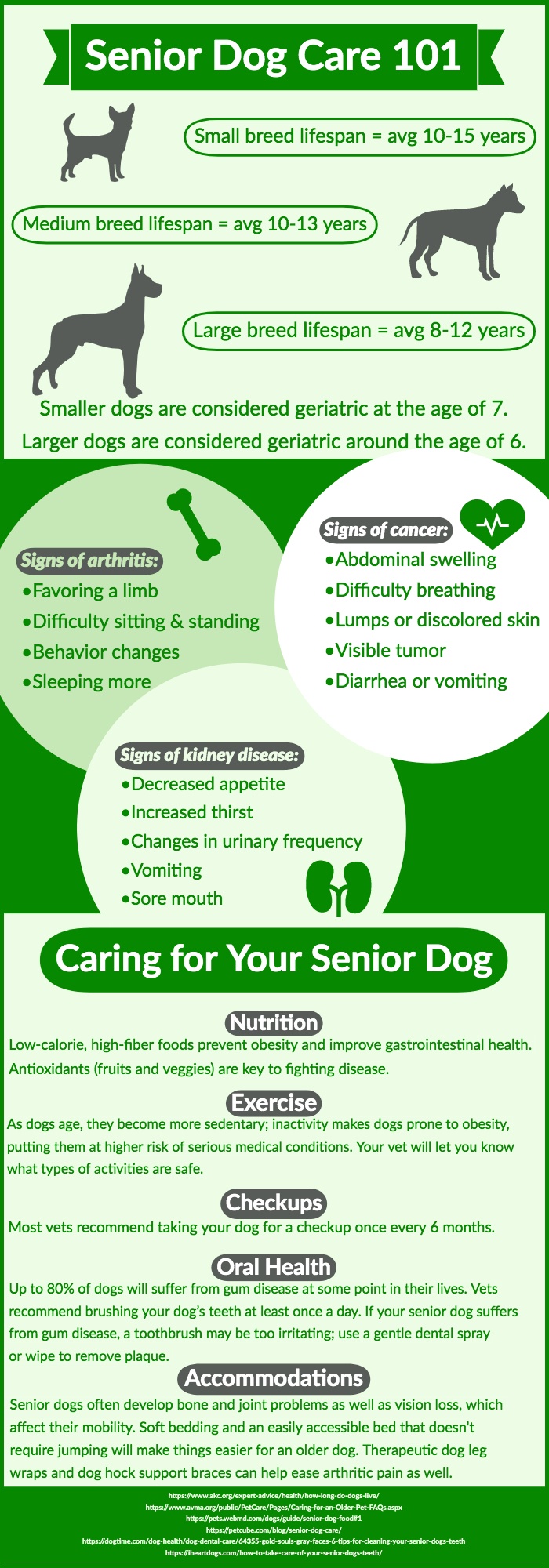How To Know If Dog Likes Daycare
How To Know If Dog Likes Daycare
Blog Article
Can Pet Dog Childcare Reason Health Problem?
Dogs in daycare obtain great deals of exercise, socializing with various other canines and distinct experiences. This can be particularly helpful for pups and pet dogs with behavioral concerns.
There are numerous lawful considerations you need to take into consideration when beginning a doggy daycare company. These include the framework of your organization and conformity with federal government regulations.
1. Canine Distemper
Canine distemper is spread with direct contact with the physical liquids and waste of a contaminated pet, yet it can also be transmitted through shared water and food bowls or through airborne droplets. This extremely infectious health problem is most unsafe for pups, but it can impact canines of any age and is fatal for many if left without treatment.
First signs and symptoms of canine distemper usually resemble an acute rhinitis, consisting of dripping eyes and nose with watery or pus-like discharge. As the disease proceeds, a dog will certainly create high temperature, coughing, lowered cravings, throwing up and looseness of the bowels. The infection can additionally strike the nerves, causing seizures, shivering and partial or full paralysis.
Trustworthy childcares lower direct exposure to infection by calling for inoculations, regular health examinations and comply with stringent hygiene protocols. If your pup seems overly tired or hopping, a day off might assist him recuperate, however you ought to avoid taking him back to daycare until these symptoms clear.
2. Kennel Coughing
Kennel coughing, likewise referred to as contagious canine tracheobronchitis or Bordetella, is a highly contagious viral or microbial condition that impacts the breathing tract. It's commonly transferred via the exchange of saliva or air beads that an ill canine exhales. Social dogs go to greater danger for infection because of their frequent communication with each other, such as when they play, share food or water, sniff one another or simply meet in a congested atmosphere like a canine park or daycare.
The most common symptom of kennel coughing is a consistent and strong coughing that sounds like something stuck in the throat or retching. Typically, pet dogs will cough up foamy white phlegm. If left without treatment, a canine can develop pneumonia and be at severe danger for life.
A reliable childcare center ought to have strict cleansing and hygiene procedures, sanitize all playthings, food and water bowls routinely, and be open concerning their inoculation policies. Keeping your pet as much as date on their inoculations, especially for bordetella and canine influenza, will greatly lower their possibilities of contracting the illness.
3. Parvovirus
Canine parvovirus, or parvo, is a very transmittable viral disease that can be fatal for pups and young adult dogs with inadequate immune systems. It's most typically spread by straight contact with polluted canine feces-- which can happen when pet dogs sniff, lick, or preference infected feces-- and indirectly from infected individuals, objects, or settings (like kennels, brushing rooms and grass). Young puppies and dogs without total vaccination backgrounds are especially susceptible to parvo.
The infection is extremely resistant, surviving in the setting for as much as nine years, and can conveniently be transferred in between canines by call with feces or on shoes, garments, and bed linen contaminated with parvovirus. If not dealt with immediately with IV liquids, electrolyte balance, vomiting control drugs and antibiotics to prevent additional bacterial infections, a canine will swiftly dehydrate and create severe looseness of the bowels, which results in shock and blood poisoning. Parvo is challenging to heal once a pet has come to be ill, however with ideal veterinary treatment, many young puppies do survive this health problem.
4. Canine Influenza
Pooch influenza infection is highly infectious and spreads via direct call, sharing food and water bowls, licking or nuzzling other pet dogs, through air-borne beads, and with infected surfaces. Inoculation is effective in minimizing the threat of infection and break outs.
The majority of impacted pets develop a moderate respiratory system infection with a cough that lasts 1-3 weeks. They might also have nasal and eye discharge, sneezing, and sleepiness. Some of one of the most significant cases lead to pneumonia and a high fever.
If your pet shows any of these signs, do not bring them back to childcare until they are healthy and balanced. If your dog is showing indications of severe fatigue or hopping, talk with your vet as soon as possible and make sure places that board dogs near me they get on healthiness supplements to help develop their resistance. A veterinarian will certainly evaluate your canine for signs and symptoms of the flu by taking a sample from the nose or throat, and blood examinations can be done to confirm.